

Ethiopian journalist Yayesew Shimelis’s charges changed to terrorism
Charges against Ethiopian journalist Yayesew Shimelis escalate from spreading false information about the COVID-19 pandemic to charges of terrorism.

Internet restrictions in parts of Ethiopia prevent citizens from accessing critical information on COVID-19
The cost of, and restrictions to the internet by way of shutdowns are the major obstacles for Ethiopians, especially in Oromia from accessing timely and critical information about COVID-19.

Ethiopian journalists reporting in and on Oromia arrested and detained
Two journalists, Dessu Dulla and Wako Nole, and their colleague Ismael Abdulrzaq were arrested and detained in Ethiopia’s hotspot state of Oromia.

Stop hate speech, not free speech
The proliferation of “hate speech” and false information has become a global phenomenon, and Ethiopia is no exception – but a new attempt to curb the vice with new legislation might just do more harm than good.
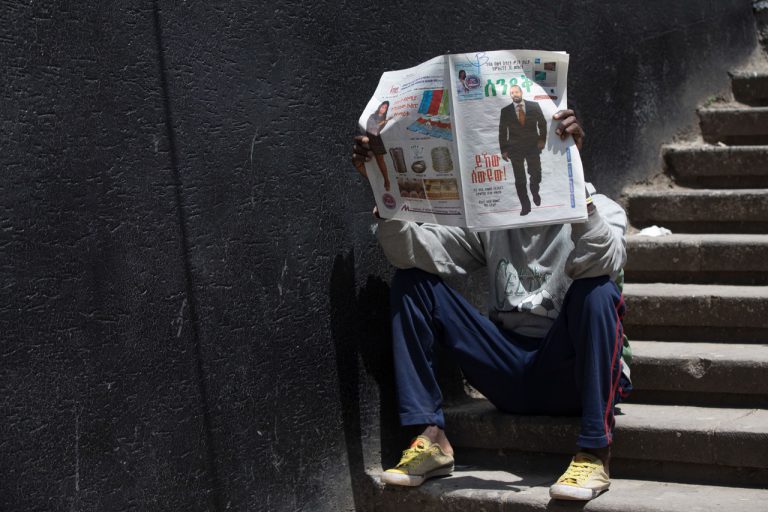
Under Abiy, Ethiopia’s media have more freedom but challenges remain
Though the Ethiopian press is much freer today than before Abiy took power, CPJ spoke to over a dozen journalists and rights defenders who said that challenges remain, including the risk of attack and arrest, and a proposed law that could curtail their newly found freedoms.
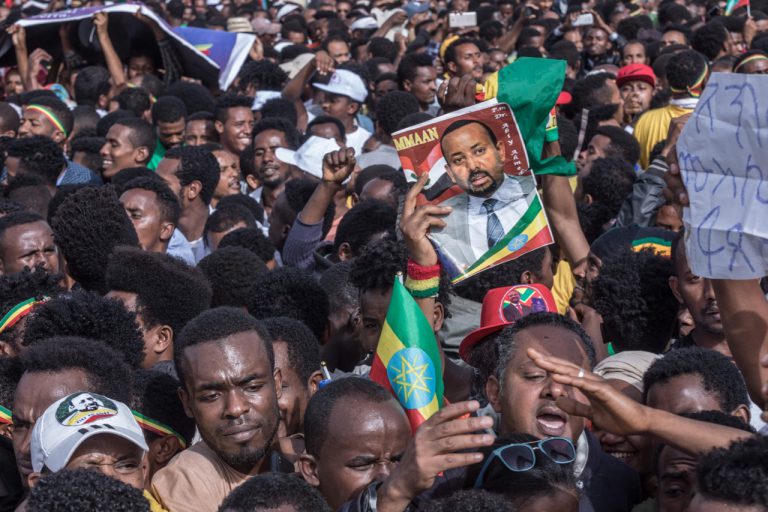
Ethiopia: Abiy’s first year as prime minister, review of freedom of expression
Significant progress has been made on media freedom in Ethiopia, though there’s still a reluctance to critique the government or ask difficult questions. Hate speech on social media is a serious and growing problem, although the government’s proposed hate speech law raises concerns it may be used to stifle legitimate expressions of dissent.
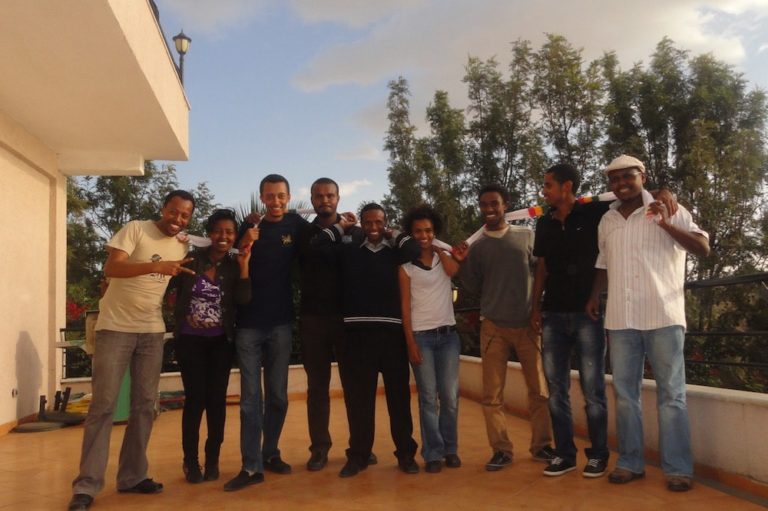
Zone 9 bloggers: A profile
The last Zone 9 member was released a few months after Obama’s visit to Ethiopia, but the struggle continues for this free expression collective.
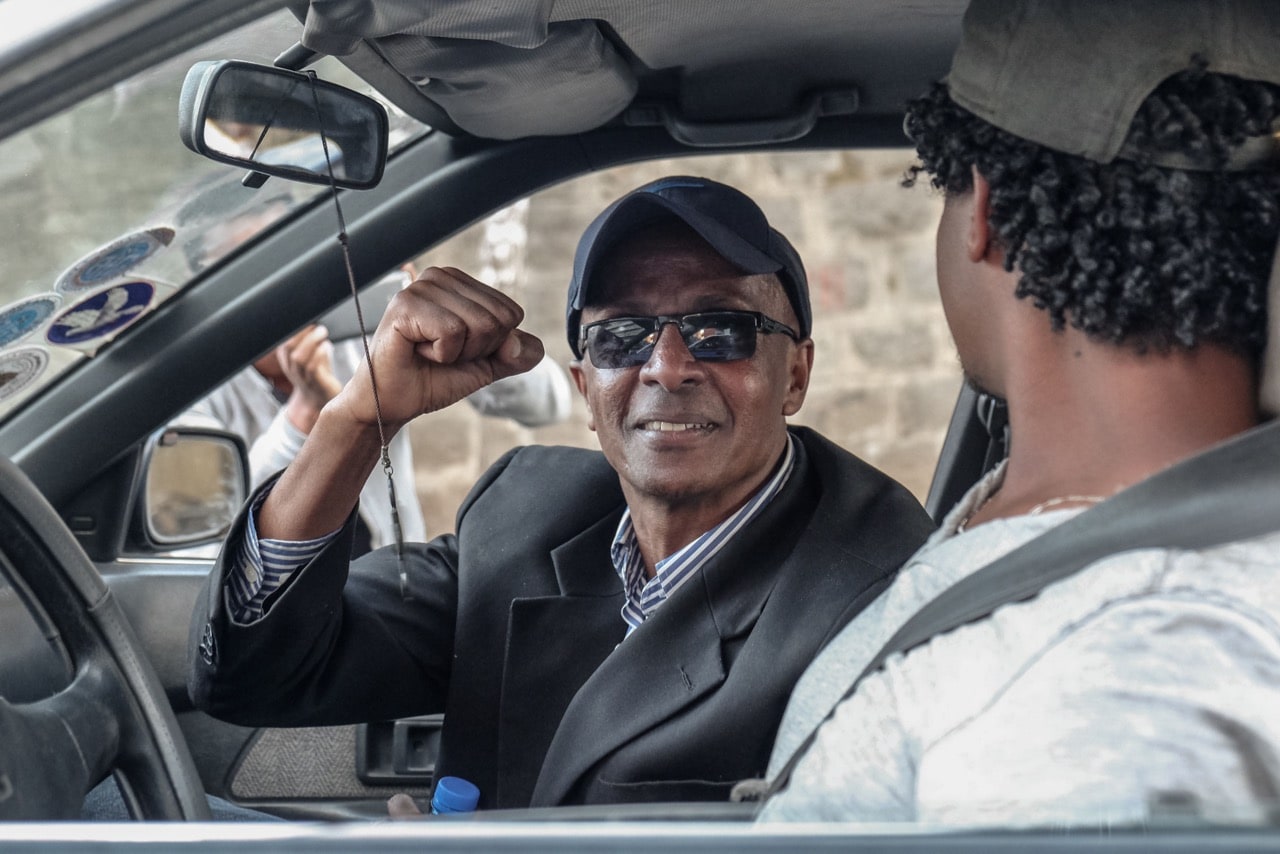
Ethiopia’s state of emergency allows for the arbitrary re-arrest of 5 journalists
In just one month after declaring a state of emergency in the country – the second in two years – Ethiopian authorities arrested 5 journalists, all of whom have been imprisoned before.
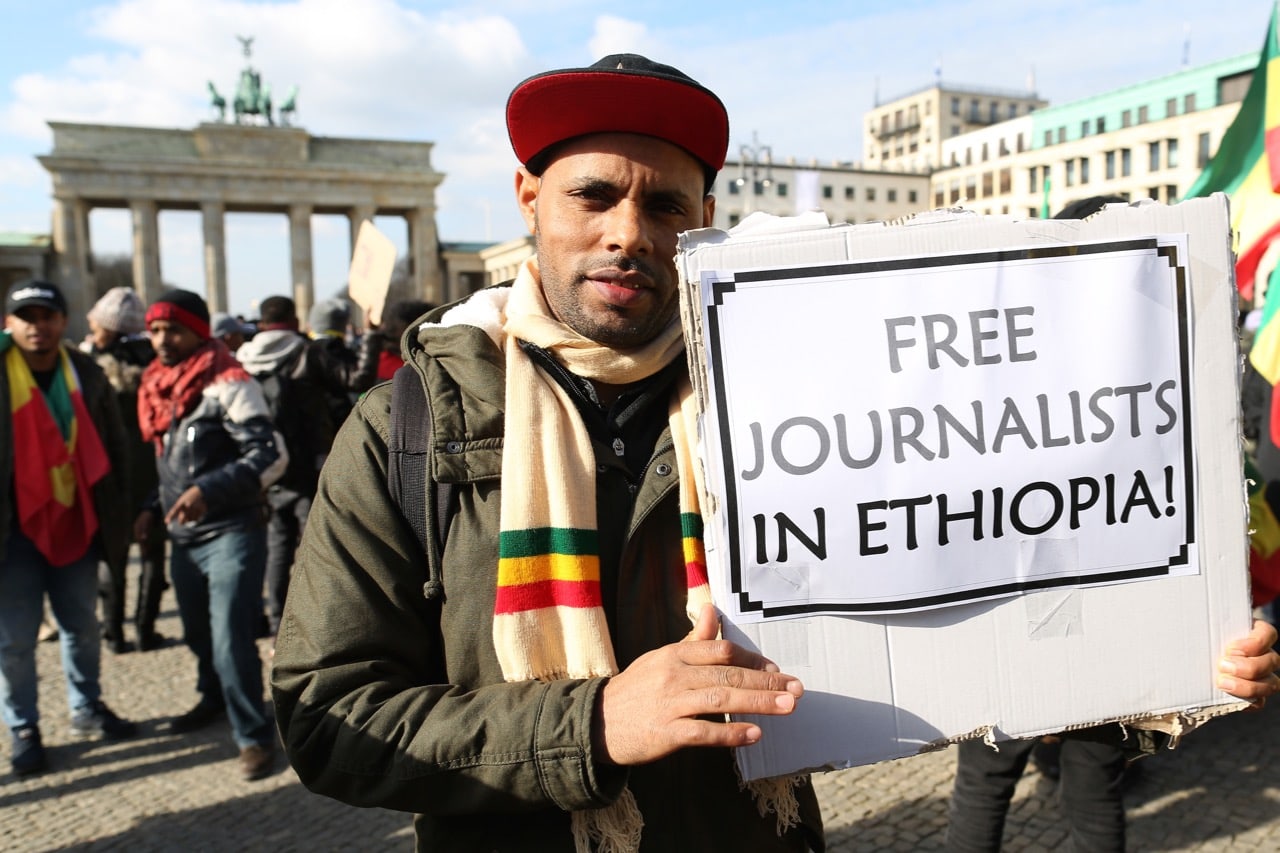
Critical blogger Seyoum Teshome arrested
Publisher of the Ethiothinktank blog, Seyoum Teshome was arrested on 9 March and his whereabouts are still unknown. CPJ is demanding his unconditional release.
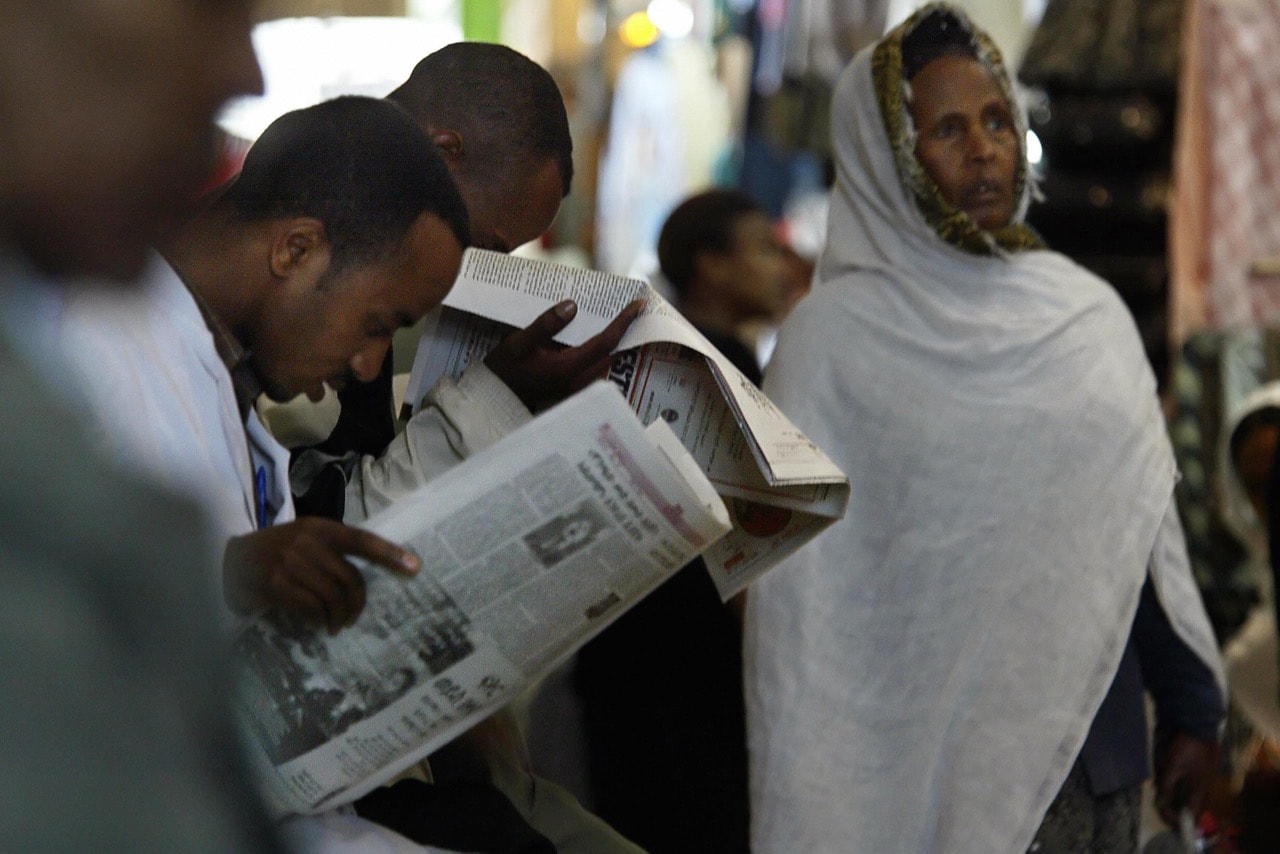
Ethiopia deports British journalist William Davison based in Addis
The Ethiopian government deported British journalist William Davison after refusing to renew his accreditation. Davison had not hesitated to cover sensitive stories such as government corruption and the re-introduction of a state of emergency.
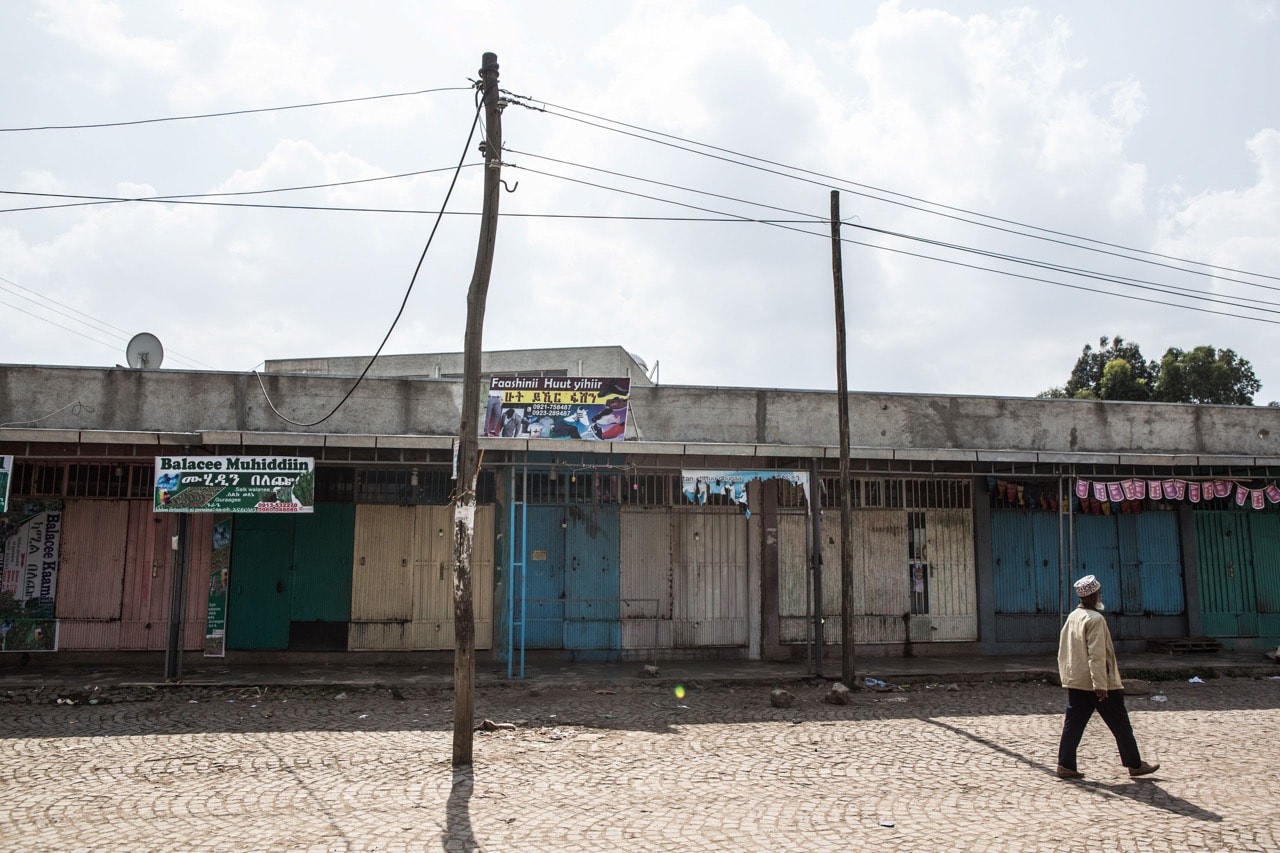
AFEX calls on Ethiopian government to uphold freedom of expression rights
The African Freedom of Expression Exchange (AFEX) denounces the recent killing of protesters by security agents and calls on the authorities to ensure that citizens’ lives and rights are protected at all times.
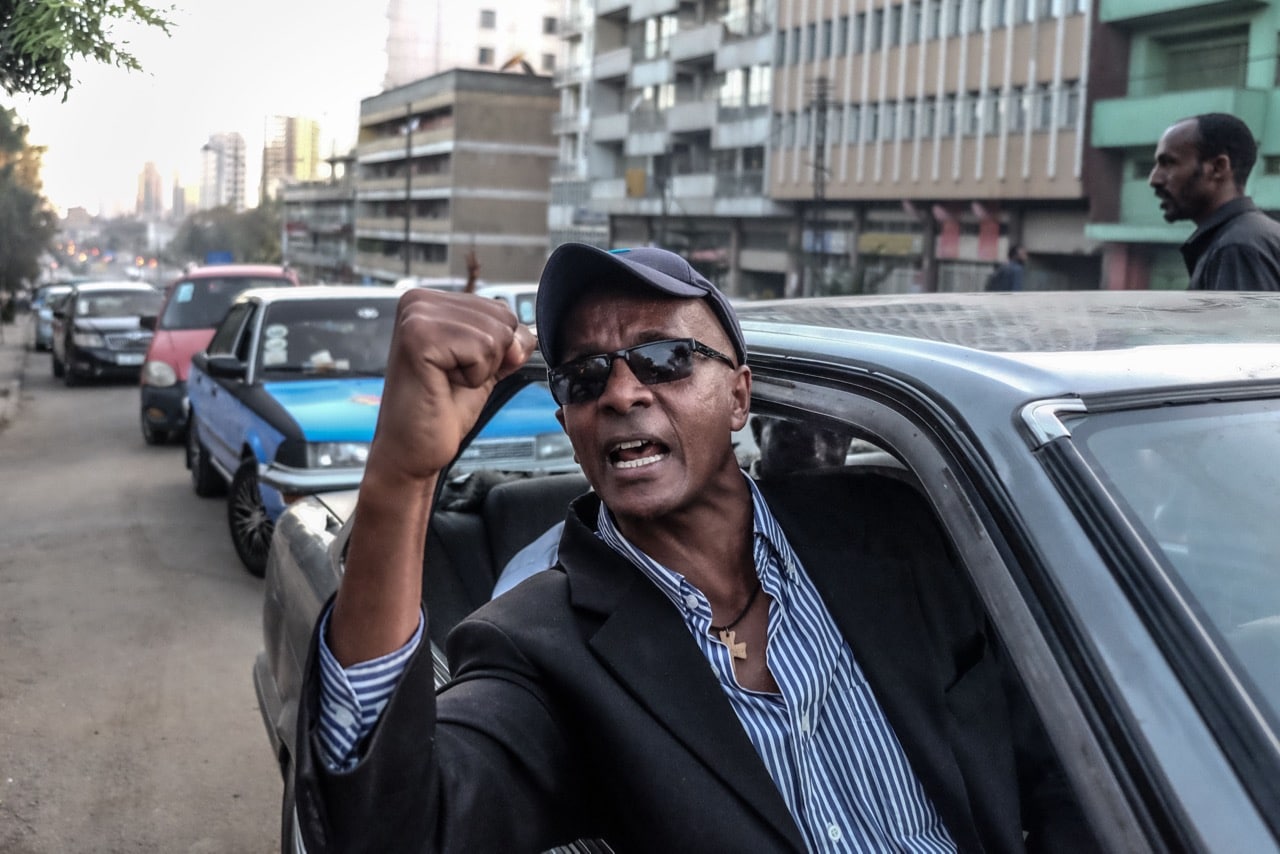
Rights groups welcome release of Ethiopian journalists Eskinder Nega and Woubshet Taye
Media freedom advocates celebrated the release of Ethiopian journalists Eskinder Nega and Woubshet Taye after almost six years of wrongful and arbitrary imprisonment. Their release comes on the back of sustained campaigning by organisations across the globe.
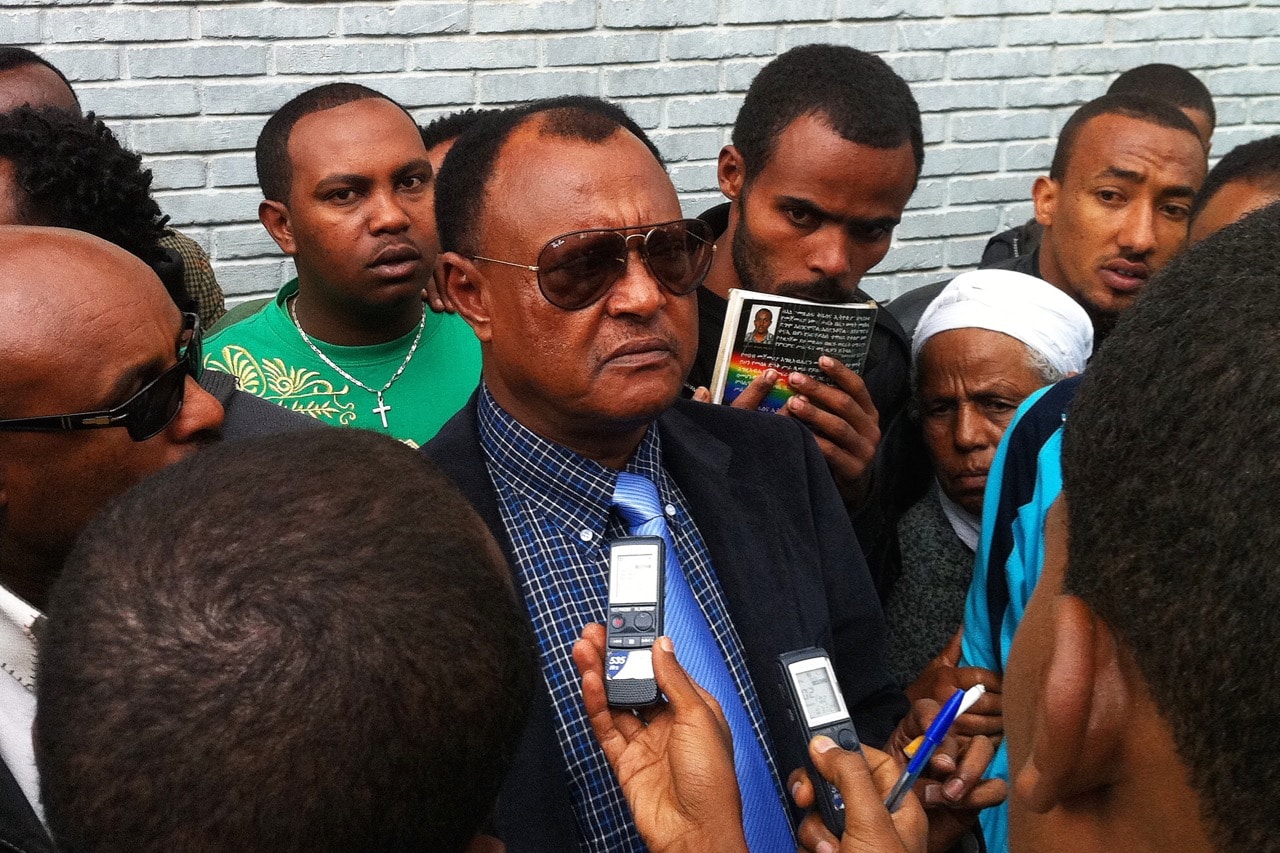
Pardon and release of journalist Eskinder Nega overturned after his refusal to sign false confession
Journalist Eskinder Nega’s release on 8 February, along with 745 other prisoners being pardoned by Ethiopian President Mulatu Teshome, was overturned when he refused to sign a false confession that he was a member of a “terrorist group”. He was returned to his cell.
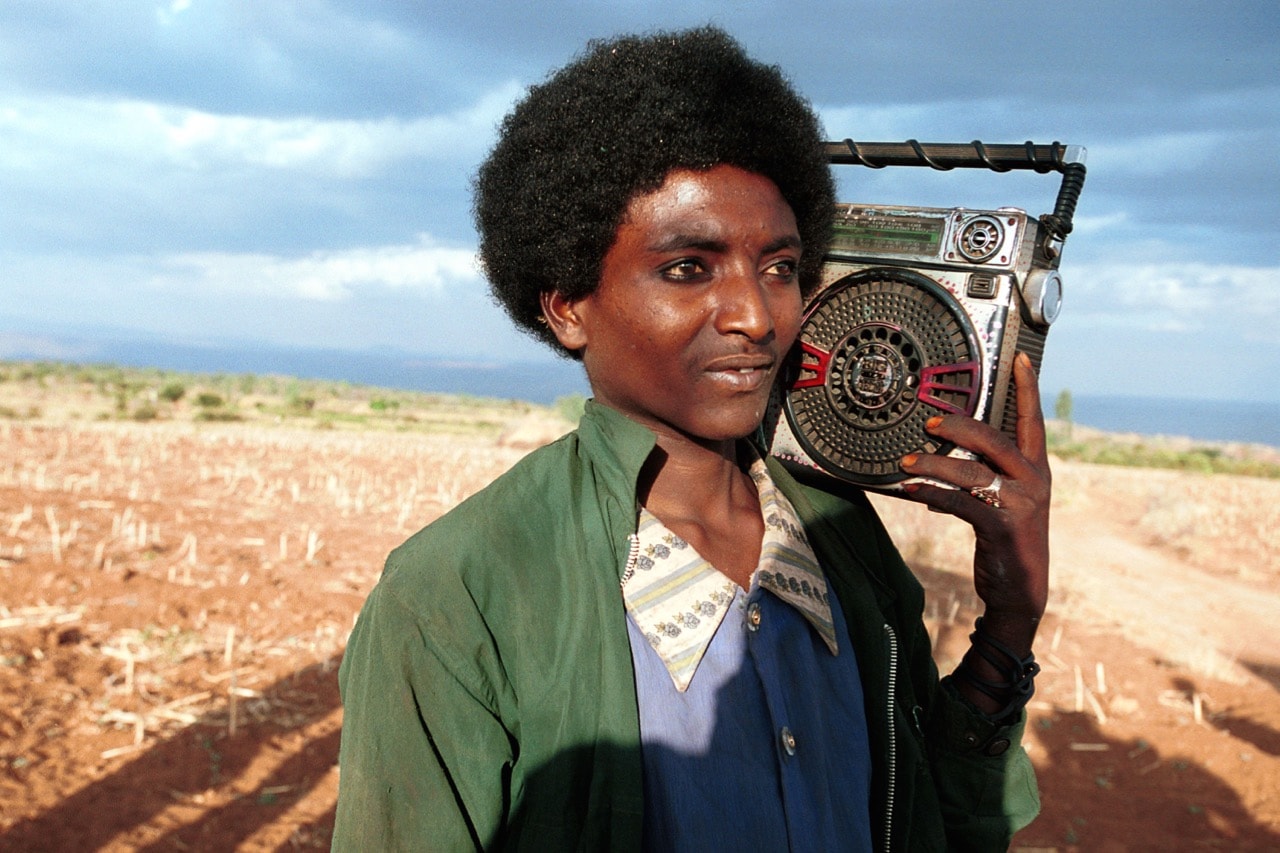
Ethiopia: Why release of journalists Darsema Sori & Khalid Mohammed does not signal end to press crackdown
Despite the release of journalists Darsema Sori and Khalid Mohammed, Ethiopia’s use of imprisonment, harassment, and surveillance means that the country continues to be a hostile environment for journalists.
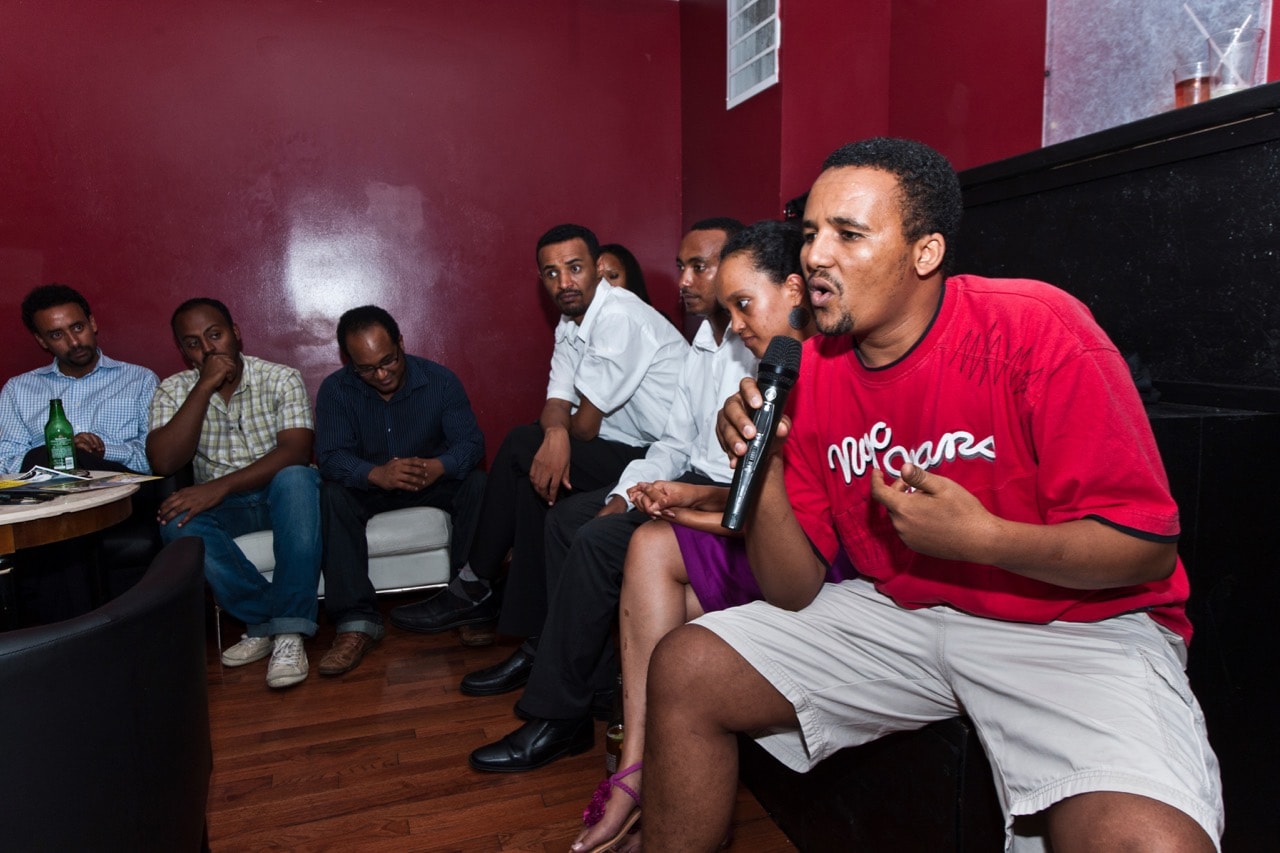
Ethiopia urged to release journalists Eskinder Nega, Woubshet Taye & Zelalem Workagegnehu
As the Ethiopian government prepares to release hundreds of detainees, including opposition politicians and political activists, Reporters Without Borders calls on the government to add three imprisoned journalists to the list of those about to be freed: Eskinder Nega, Woubshet Taye and Zelalem Workagegnehu.
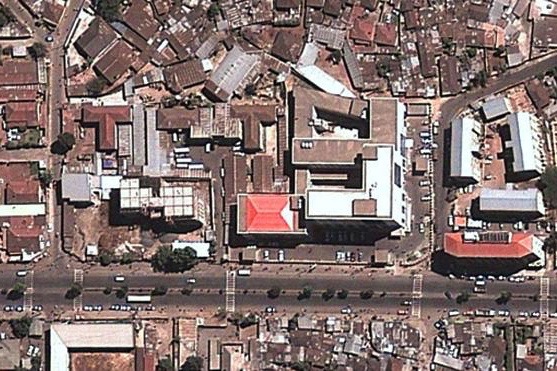
Ethiopia to close Maekelawi detention centre, free political prisoners
Ethiopia’s ruling coalition has announced it would release political prisoners and close the infamous Maekelawi detention centre in Addis Ababa. While the government did not say how and when this would occur, doing so would be an important step toward ending longstanding political repression and human rights abuse in the country.